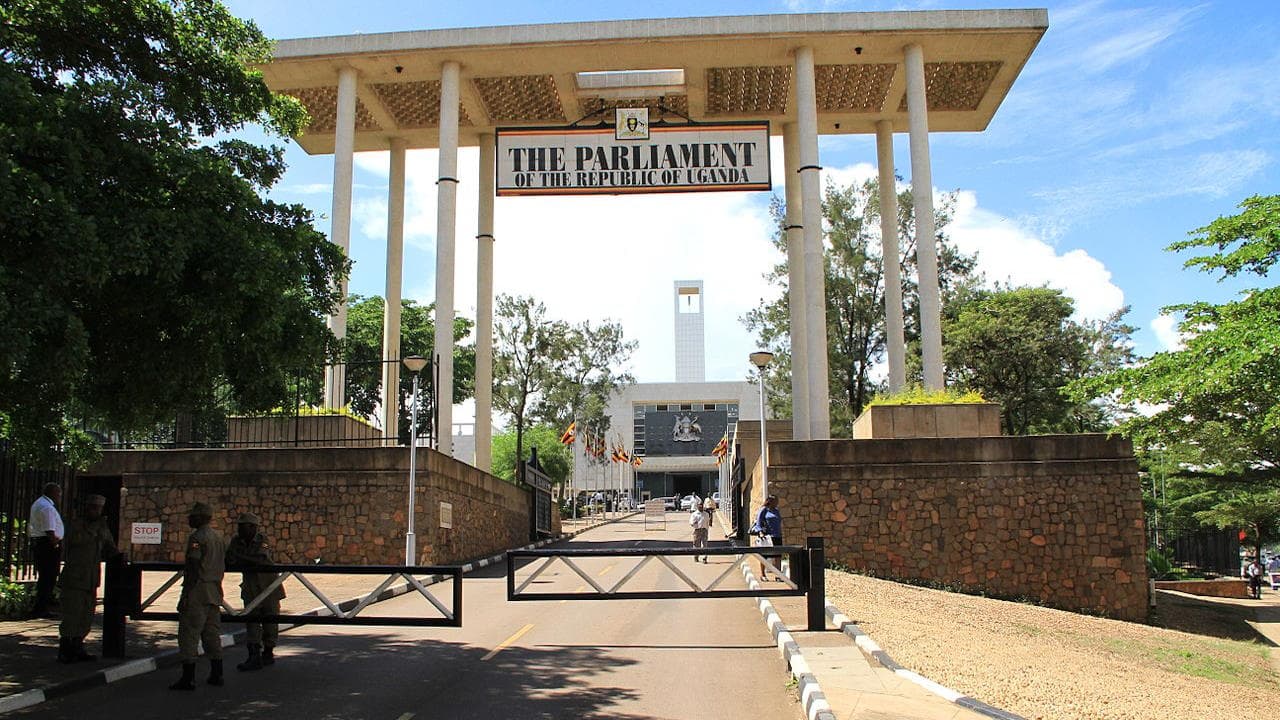
The Biden administration on Monday warned US companies and citizens that they face heightened risks and conflicting legal obligations when doing business in Uganda, citing endemic corruption and human rights restrictions exacerbated by the recently passed anti-homosexuality law.
The US issued a “business advisory” on the potential “financial and reputational risks resulting from endemic corruption” in Uganda, as well as “violence against human rights activists, media members, health workers, members of minority groups, LGBTQI+ persons, and political opponents.” It said that the anti-homosexuality act, passed in May, increased restrictions on human rights, including “restrictions on freedom of expression, peaceful assembly, and exacerbates issues regarding the respect for leases and employment contracts.”
The warning comes after the World Bank, Uganda’s largest multilateral lender and development assistance donor, decided in August to suspend new funding due to the anti-gay bill. The bank recently said that it will only resume funding once it is satisfied that the government has made efforts to ensure that LGBTQI+ people are not mistreated or marginalised in the programmes it funds. The law is being challenged in the courts, and the recent history of its previous iterations suggests that it may well be got rid of in this way.
It also follows a “travel advisory” updated in July by the US State Department, which advised US citizens to “reconsider travel to Uganda due to crime, terrorism, and anti-LGBTQI+ legislation.” The advisory was updated from level two – which advises travellers to exercise extreme caution – to level three, the second most critical, which advises travellers to reconsider or avoid travel due to serious safety risks. Seven African countries – such as the Democratic Republic of Congo and Nigeria – are under a level three travel warning, while eight others, including Somalia and South Sudan, are under a level four warning.
The business advisory warned that the government’s restrictions on an independent parliament, “lack of commitment to fair trial guarantees” and “co-opted security forces” could make it difficult for US companies and individuals to operate, and could increase as the 2026 elections draw closer.
“There are risks associated with interference in and intimidation of the judiciary, use of influence in the courts to resolve political disputes,” the advisory said. “Inconsistently implemented legislation, rent-seeking from officials, and intrusive government security and surveillance likewise can adversely impact the ability of US businesses and individuals to operate.”
It added that officials “frequently engage in corrupt practices with impunity,” and that the well-connected among them enjoy “de facto immunity” from the law since they are rarely prosecuted. “This endemic corruption can impede US businesses’ ability to engage in government procurement processes and obtain necessary permits. It also poses reputational risks for US companies operating in such a business environment.”
The advisory said that the iterative anti-gay law “creates additional opportunities for interference with business” by requiring reporting of suspected LGBTQI+ individuals and criminalising of the broadly defined “promotion” of homosexuality. “There have been credible reports of landlords evicting private and commercial tenants based on the landlord’s unsubstantiated claim that there is activity taking place in violation of the AHA,” it said.
“The AHA creates additional avenues for corrupt actors to extract bribes, delay permits, and hinder competition through LGBTQI+ reporting under the law, or threats of such reporting, which require little to no substantiation.”
The multi-department advisory also warned of heightened risks for media companies and workers. These are the subject of “violence and harassment” by security forces, and direct and indirect censorship by government officials, including through intimidation. Moreover, the anti-gay bill does not spare them, criminalising “a wide range of commercial activities” of interest to them.
“In addition, the AHA is not explicitly limited to activity occurring inside Uganda, so broadcasters, streaming services and internet advertisers may face risks to their business in Uganda arising from activities outside of Uganda,” it said.
Geoffrey Kabbyanga, the junior information minister, dismissed the advisory on Tuesday as “laughable,” arguing that previous similar warnings had not caused the country to “collapse,” and that it was in fact becoming “stronger and stronger.”
Ugandan law also creates potentially conflicting obligations for US companies and individuals because they are subject to US law, the advisory said.
“For example, US law prohibits discrimination based on sexual orientation and gender identity in federal contracting under Executive Order 11246 and its implementing regulations. Employees of federal contractors performing work outside the United States are covered by these protections if they were recruited within the United States.
“Accordingly, if employees recruited within the United States are or will be performing work on federal contracts in Uganda, federal contracting agencies must include sexual orientation and gender identity as prohibited bases of discrimination in the Equal Opportunity Clause in contracts over $10,000.”
The advisory was issued by the departments of state, labour, health and human services, commerce, and the US Agency for International Development (USAID).






